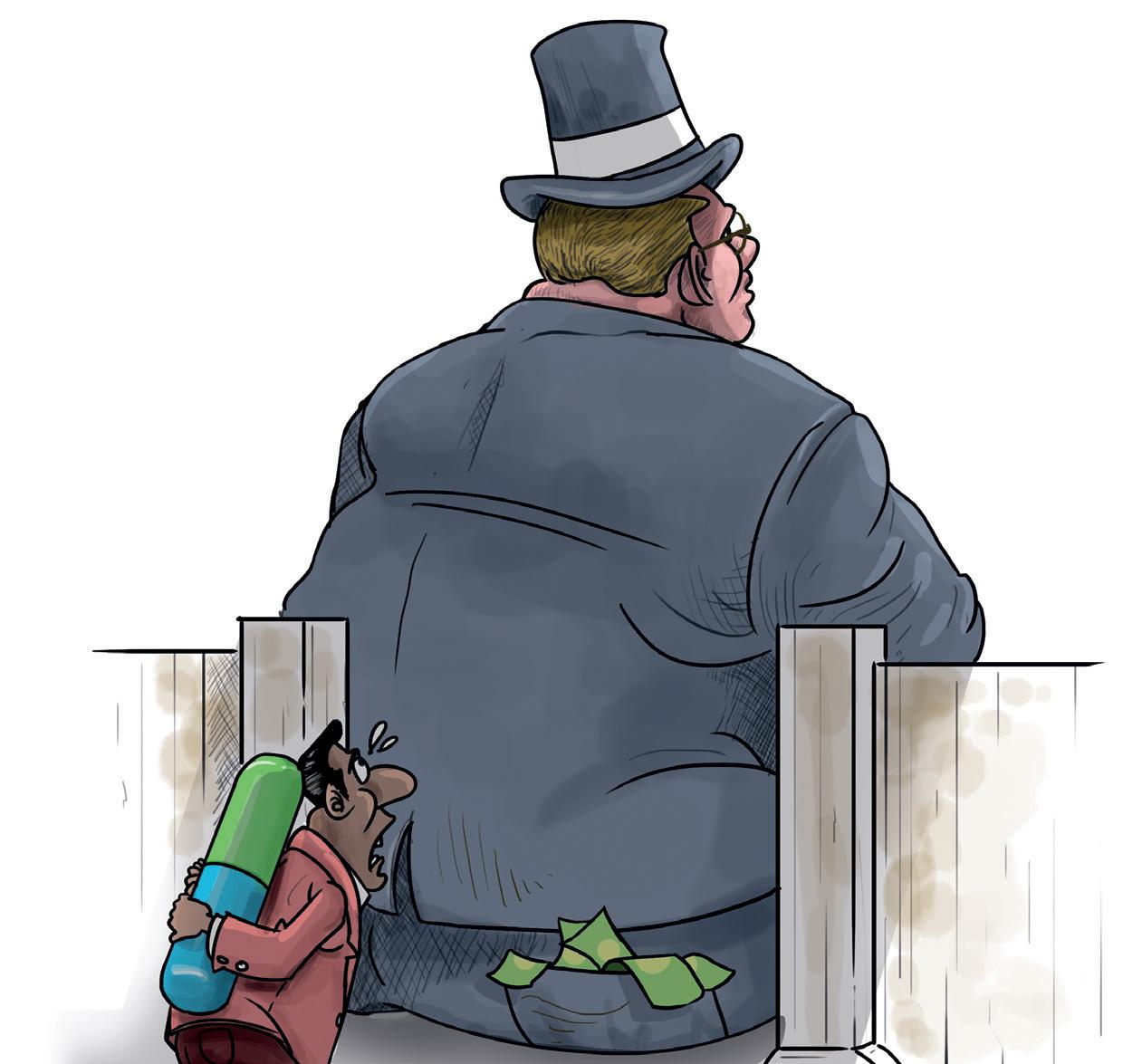
ONE'S HEART bleeds for American patients. They pay the most for prescription drugs compared to all other jurisdictions despite many ironies: a very large number of life-saving drugs are discovered by public-funded research in US universities and institutions; these pharmaceuticals are made in the US and by leading US-based manufacturers. Why is this so? It is because of a clutch of related reasons starting with the fact that there is no regulation of drug prices by the government but most of all, from exploiting a patent system that allows pharma companies to keep out competition and keep prices sky high. That's the root of the problem.
A case study of how drug companies manipulate the patent regime is AbbVie with its blockbuster anti-inflammation and arthritis drug Humira. The pharma giant has created a patent thicket around this top-selling biological medicine, by applying for an incredible 312 patents on this single drug and obtaining 166! And most of these patents (94 per cent) were sought after the drug was approved by the authorities. This has allowed AbbVie to garner revenues of US $208 billion since the patent was first granted in 2002. But here's the most disturbing aspect of Humira: two-thirds of this revenue was earned after its primary patents expired in 2016.
That was when patients and health insurance companies that pick up the tab for the drug were hoping to benefit from the less expensive biosimilar versions of the drug that were all set to launch in the US. But it did not happen. By shrewdly exploiting the US patent system, AbbVie blocked competitors from entering the market by using lawsuits against potential competitors and forcing them to accept settlements to delay their entry till 2023. The first of the biosimilar versions of Humira has only now been launched in the US, in February 2023-almost seven years after patent expiry.
この記事は Down To Earth の March 01, 2023 版に掲載されています。
7 日間の Magzter GOLD 無料トライアルを開始して、何千もの厳選されたプレミアム ストーリー、9,000 以上の雑誌や新聞にアクセスしてください。
すでに購読者です ? サインイン
この記事は Down To Earth の March 01, 2023 版に掲載されています。
7 日間の Magzter GOLD 無料トライアルを開始して、何千もの厳選されたプレミアム ストーリー、9,000 以上の雑誌や新聞にアクセスしてください。
すでに購読者です? サインイン

In leading role again
MOVIES AND WEB SERIES ARE ONCE AGAIN BEING SET IN RUSTIC BACKGROUNDS, INDICATING A RECONNECT BETWEEN CINEMA AND THE COUNTRYSIDE

One Nation One Subscription comes at a huge cost
As top US universities scrap big deals with top scientific publishers, India’s ONOS scheme seems flawed and outdated

Return of Rambhog
Bid to revive and sell the aromatic indigenous paddy variety has led to substantial profits for farmers in Uttar Pradesh's Terai region

Scarred by mining
Natural springs of Kashmir drying up due to illegal riverbed mining

Human-to-human spread a mutation away
CANADA IN mid-November confirmed its first human case of avian influenza, with a teenager in the British Columbia being hospitalised after contracting the H5N1 virus that causes the disease. The patient developed a severe form of the disease, also called bird flu, and had respiratory issues. There was no known cause of transmission.

True rehabilitation
Residents of Madhya Pradesh's Kakdi village take relocation as an opportunity to undertake afforestation, develop sustainable practices

INESCAPABLE THREAT
Chemical pollution is the most underrated and underreported risk of the 21st century that threatens all species and regions

THAT NIGHT, 40 YEARS AGO
Bhopal gas disaster is a tragedy that people continue to face

A JOKE, INDEED
A CONFERENCE OF IRRESPONSIBLE PARTIES THAT CREATED AN OPTICAL ILLUSION TO THE REALITY OF A NEW CLIMATE

THINGS FALL APART
THE WORLD HAS MADE PROGRESS IN MITIGATING EMISSIONS AND ADAPTING TO CLIMATE IMPACTS. BUT THE PROGRESS REMAINS GROSSLY INADEQUATE